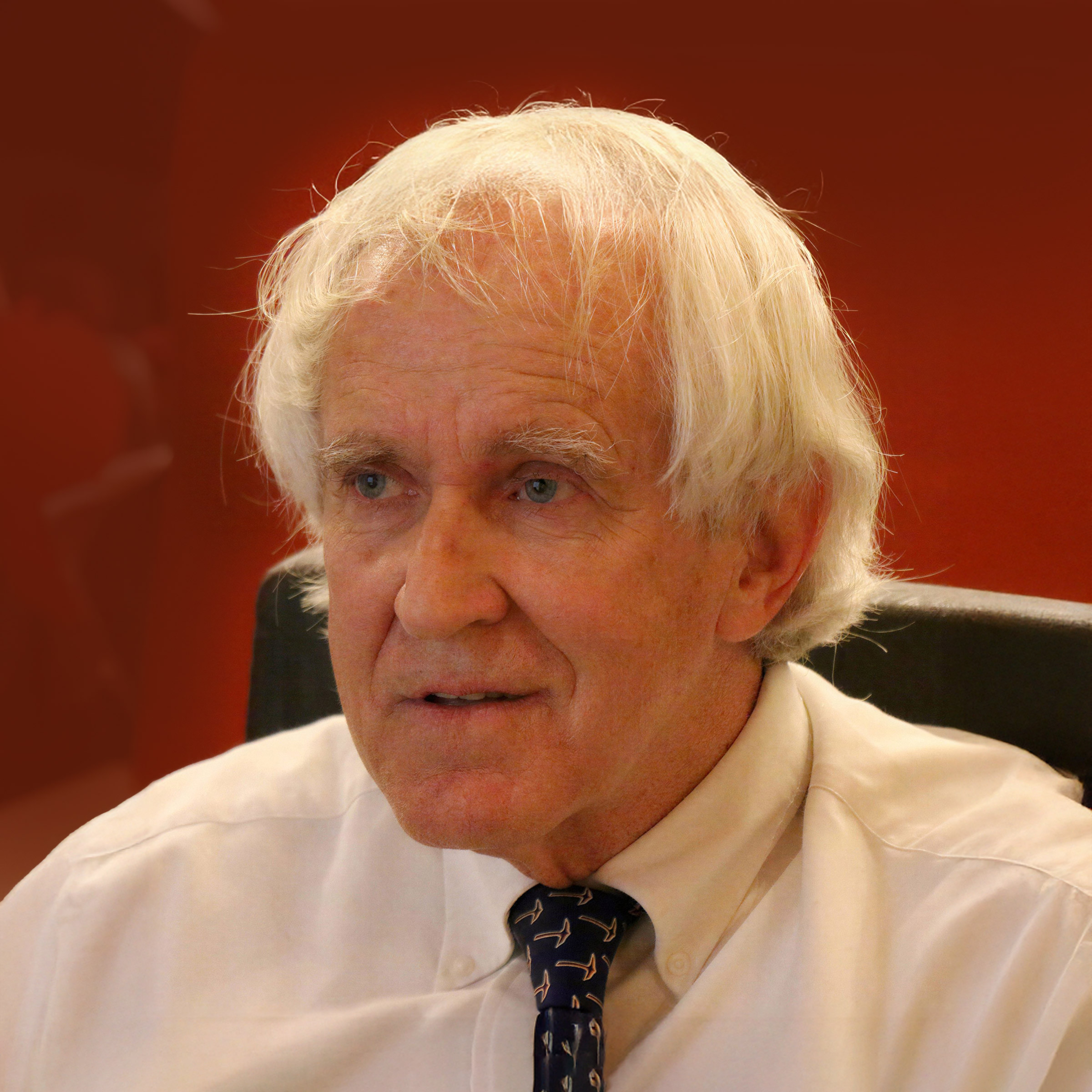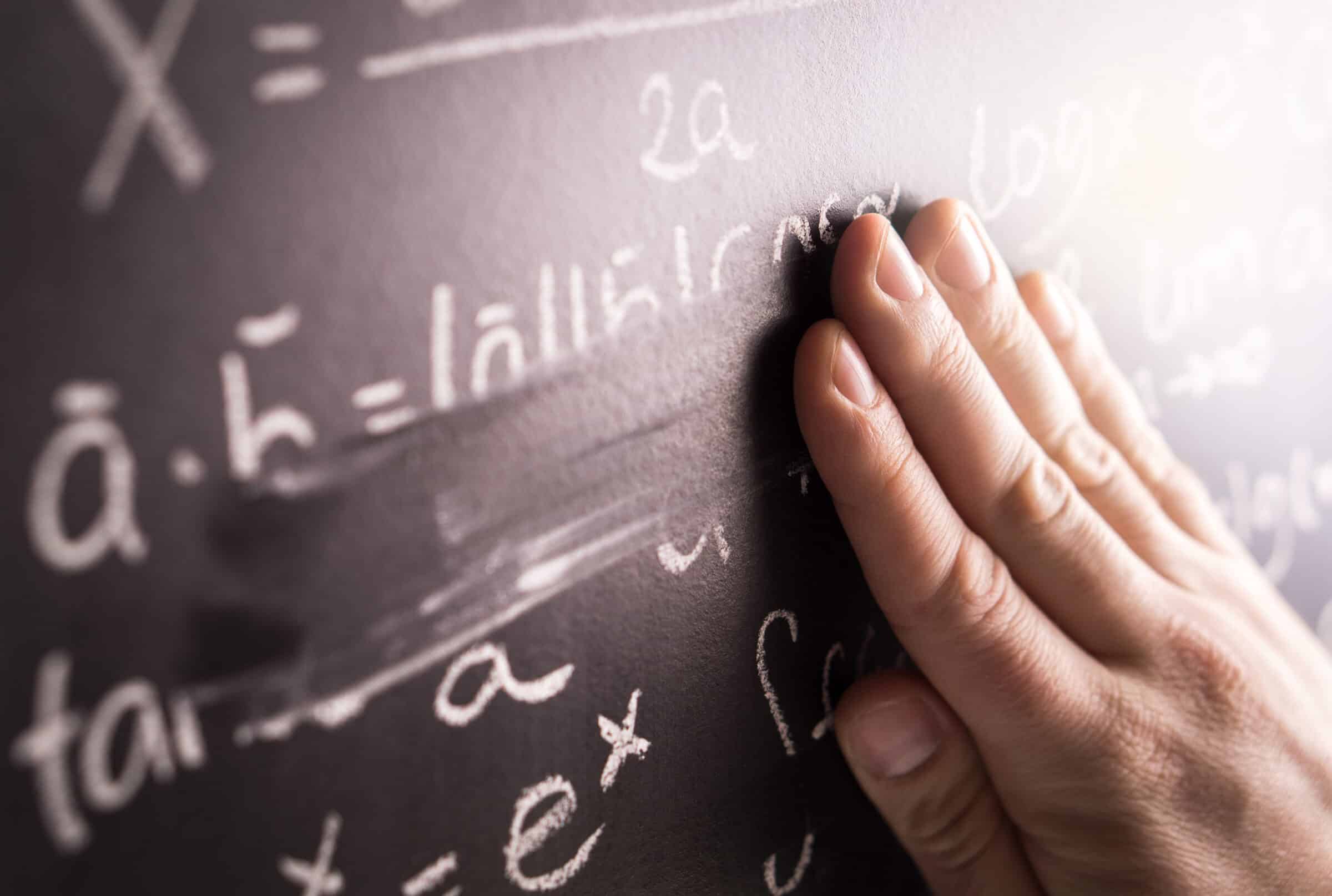The German Mathematical Society offers some grim news:
A sweeping investigation has revealed widespread fraud in mathematics publishing, where commercial metrics and rankings have incentivized the mass production of meaningless or flawed papers. The study highlights shocking distortions — such as a university without a math department ranked as having the most top mathematicians — and the explosion of megajournals willing to publish anything for a fee. German Mathematical Society (DMV).
“Shocking study exposes widespread math research fraud,” Science Daily, 19 September 2025..“ September 19, 2025
“A Stir” Among Mathematicians
We are told that this revelation has “caused a stir” among mathematicians. Understandably. Most lay people would not think that mathematics is a particularly safe place to do fraud.
Here’s a clue as to how the problem developed:
Nowadays, research quality is often no longer measured directly by the content of publications, but increasingly by commercial indicators such as the number of publications/citations by authors or the “reputation” (impact factor) of journals. These indicators are calculated in a non-transparent manner and without the involvement of the scientific community by commercial providers, who use them to boost sales of their databases worldwide. Fraudulent companies offer their services specifically to optimize these metrics. This is worthwhile for both individuals and institutions, because a higher ranking, e.g., in a university ranking, means better access to funding and (in an international context) the possibility of charging higher tuition fees and attracting more applicants. The collateral damage is a high percentage of publications whose sole purpose is to boost the indicators, but which no one reads because they contain no new scientific findings or are even flawed.
“Widespread math research fraud”
In short, the system became both mechanized and commercialized. No one was really reading what no one was really writing.
Finally, the Dam Broke
From the open access paper:
In November 2023, Clarivate announced that it had excluded the entire field of mathematics from the latest edition of its influential list of ‘highly cited researchers’. This prompted the IMU and the ICIAM to conduct a more thorough investigation into the problem of fraudulent publishing in the mathematical sciences (see [1]). Understanding the problem is one thing; finding a way out and regaining control is another. With the recommendations given below, we would like to start the discussion on how, as a global community, we can achieve this. We are all concerned. It affects the very core of the science we love so much.
I.A. Ilka Agricola, Lynn Heller, Wil Schilders, Moritz Schubotz, Peter Taylor, Luis Vega. How to Fight Fraudulent Publishing in the Mathematical Sciences: Joint Recommendations of the IMU and the ICIAM. arXiv, 11 Sep 2025 DOI: 10.48550/arXiv.2509.09877
Perhaps, if their reform strategies succeed, they can help other sciences in the same fix. Earlier this month we noted this story: “A massive fraud ring is publishing thousands of fake studies and the problem is exploding. ‘These networks are essentially criminal organizations.’ Organized misconduct is rapidly poisoning the global scientific record.” (Tibi Puiu, ZME Science August 6, 2025)









































